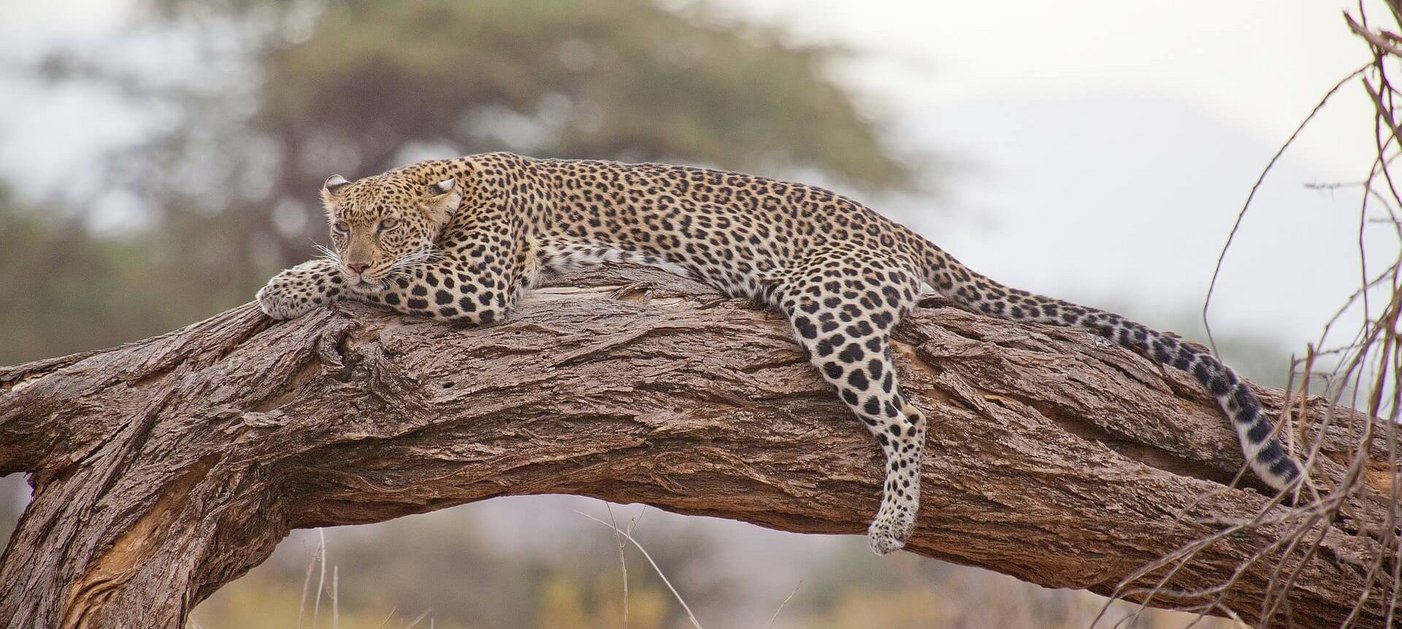- Research Institute of Wildlife Ecology /
- Research /
- Genetics /
- One Health Genomics /
- Immunity genes in domestic and wild felids
Leadership at the Research Institute of Wildlife Ecology: Dr. Pamela Burger
One of the strongest natural selection pressures on any genome are pathogens, which pose a major challenge to the infected host's immune system. Various multi-gene families are available for a rapid immune response. For example, as part of the adaptive immune system, the major histocompatibility complex (MHC) encodes receptors that recognize "foreign" molecules and present them to phagocytic immune cells for attack.
But what happens when variability in specific immune system genes is reduced or only partially present - as has been described in wild felids. From an evolutionary-ecological perspective, other components of the immune system should be under selection pressure to compensate and mount an adequate immune response. Such mechanisms have been described, for example, in cheetahs, which have stronger constitutive innate but lower adaptive immunity than leopards.
In this project we use an ecological-comparative approach to study the evolution of innate immunity in domesticated and wild felids. To do this, we characterize specific regions in the genome that are part of the innate immune system but are closely related to the specific (adaptive) immune response and ensure communication between the two systems.
The project "Characterization of the innate immune response in domesticated and wild felids" is implemented together with the Czech partner University of Veterinary & Pharmaceutical Sciences Brno, Central Institute of Technology (Leadership Petr Horin) as part of the international call CEUS - Central European Science Partnership Austria - Czech Republic - Poland - Slovenia.
Overall project coordination
Dr. Pamela Burger
Duration
01.05.21-31.12.24
Programme
FWF Joint Projects
Participating Vetmeduni institutions
Research Institute of Wildlife Ecology
Konrad Lorenz Institute of Ethology
(Additional) Project partners
Contact: Leili Khalatbari
Centro de Investigação em Biodiversidade e Recursos Genéticos Campus de Vairão, Portugal
Contact: Carsten Nowak
Senckenberg Gesellschaft für Naturforschung, Frankfurt, Deutschland
Contact: Dr. Desire Dalton
South African National Biodiversity Institute, Pretoria, Südafrika
Contact: David Thuo
University of Canberra, Canberra, Australien
Gefördert durch
FWF - Fonds zur Förderung der wissenschaftlichen Forschung, Wien, Österreich
